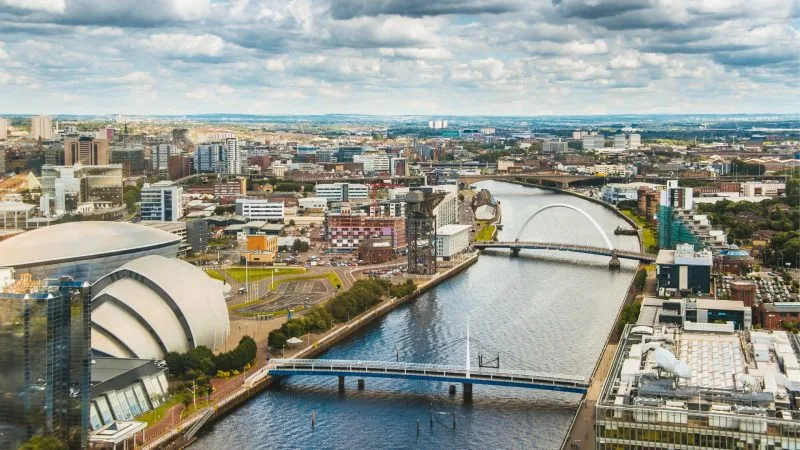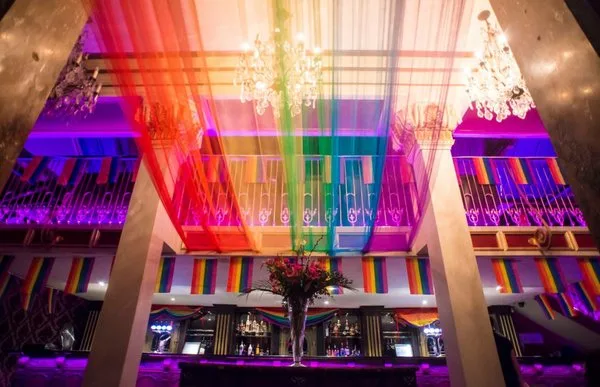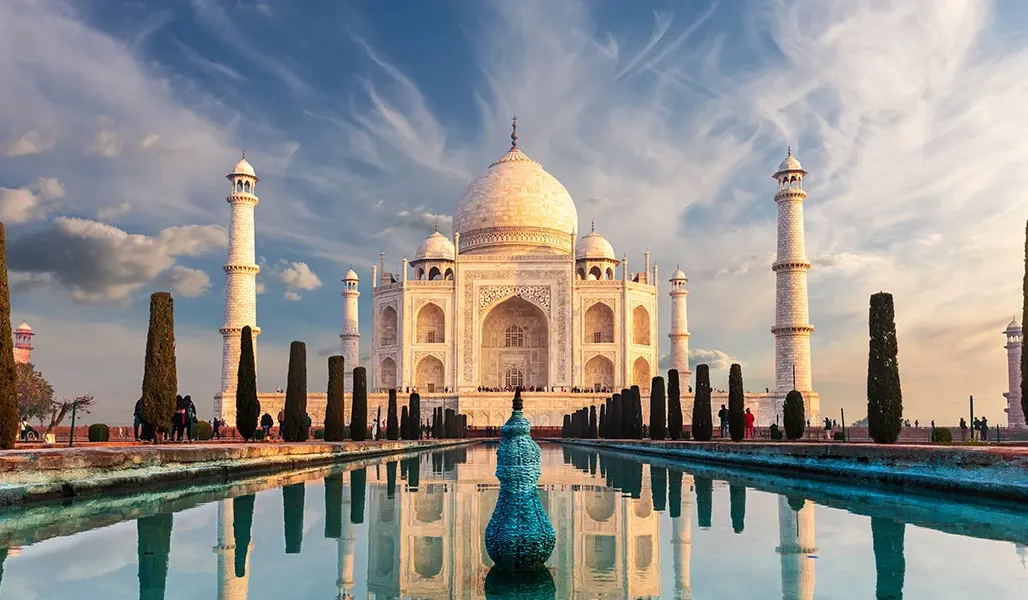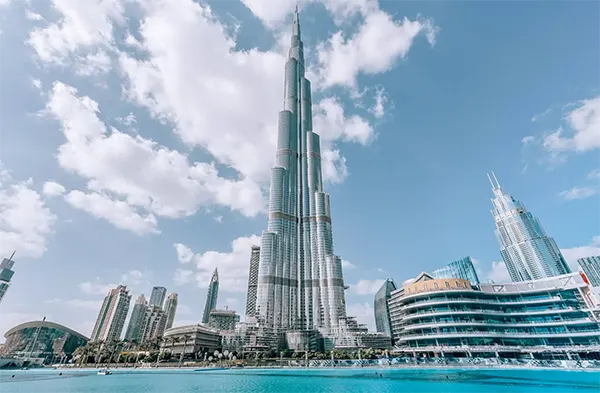
Glasgow: City of Music and Alternative Culture
Glasgow, Scotland’s largest city, is renowned for its vibrant music scene and its rich history of alternative culture. From its lively venues to its underground art spaces, Glasgow offers an unparalleled cultural experience that draws both locals and visitors alike. Known as a UNESCO City of Music, Glasgow’s creative energy and inclusivity have cemented its reputation as a global cultural hub. The city also boasts a dynamic blend of historic and modern influences, making it an exciting destination for anyone seeking both tradition and innovation.
Glasgow’s Music Heritage
The roots of Glasgow’s musical prestige can be traced back decades, with the city nurturing a variety of genres, from traditional Scottish folk to modern indie rock. Its world-class venues, such as the Barrowland Ballroom and the SSE Hydro, host internationally acclaimed artists alongside rising local talent. The city has been home to legendary bands like Simple Minds and Franz Ferdinand, whose influence still echoes in its vibrant music scene today.
Glasgow’s music history is deeply intertwined with its social and cultural fabric. During the 20th century, the city became a hub for grassroots music movements, fostering the growth of punk rock and post-punk bands that gained global acclaim. This legacy continues today, with Glasgow providing a nurturing environment for budding musicians and innovative soundscapes. Many aspiring artists are drawn to the city for its collaborative spirit and accessibility to music resources.
Moreover, the city is known for its commitment to fostering local talent. Initiatives like the Scottish Music Centre and the Glasgow Music Studios offer workshops, training, and support to aspiring musicians. These efforts ensure that Glasgow’s music heritage not only remains vibrant but continues to evolve with the times.
Iconic Venues and Festivals
One of Glasgow’s standout features is its music venues. The Barrowland Ballroom, a 1930s dance hall, remains a beloved institution for music enthusiasts. Meanwhile, King Tut’s Wah Wah Hut, where Oasis was famously discovered, continues to be a launchpad for emerging artists. Annual events like the Celtic Connections festival celebrate Glasgow’s musical diversity, drawing audiences from around the world to enjoy folk, blues, and contemporary performances.
Additionally, festivals such as the TRNSMT Festival bring world-famous artists to Glasgow Green, providing unforgettable experiences for attendees. The sheer variety of events ensures that there is something for everyone, from intimate acoustic gigs to large-scale concerts. The city’s dedication to live music is matched by its appreciation for musical education, with institutions like the Royal Conservatoire of Scotland producing world-class talent.
Alternative Culture and Creativity
Beyond music, Glasgow thrives as a hub of alternative culture. The city’s independent galleries, street art, and underground theatres reflect its edgy and creative spirit. Glasgow School of Art, designed by Charles Rennie Mackintosh, serves as both an architectural masterpiece and a beacon of artistic innovation. This creativity spills over into the city’s festivals, such as the Glasgow International, which showcases cutting-edge contemporary art.
The city’s artistic landscape is deeply rooted in its history. Glasgow was once a centre of industrial activity, and many of its abandoned warehouses and factories have been transformed into creative spaces. These venues now host art exhibitions, workshops, and performances, making them an integral part of the city’s cultural revival. Such transformations demonstrate Glasgow’s ability to adapt and reimagine itself as a modern cultural hotspot.
Glasgow’s alternative culture extends to its thriving literary scene, with numerous independent bookstores and poetry readings held across the city. Events like the Aye Write! Book Festival highlight the city’s passion for literature, offering a platform for established authors and emerging voices. This cultural richness makes Glasgow a haven for creatives and a destination that constantly reinvents itself.
Street Art and Independent Spaces
Wandering through Glasgow’s streets reveals a tapestry of murals and street art, often reflecting political and social themes. The city’s independent art spaces, like Transmission Gallery and The Glue Factory, provide platforms for experimental and avant-garde projects. These venues foster a sense of community and inclusivity, offering a haven for alternative voices.
Among the most famous murals is the Duke of Wellington statue adorned with a traffic cone—a quirky symbol of Glasgow’s sense of humour and irreverence. Local and international street artists contribute to the city’s ever-changing outdoor gallery, ensuring that Glasgow remains at the forefront of urban art innovation. Guided tours offer visitors a deeper understanding of the stories behind the artworks, making them an essential part of the city’s cultural itinerary.

Glasgow’s Inclusive Spirit
What sets Glasgow apart is its people. Known for their friendliness and humour, Glaswegians welcome visitors with open arms. The city’s diversity is evident in its thriving LGBTQ+ scene, with venues like The Polo Lounge and AXM providing safe spaces for expression and celebration. Glasgow Pride is one of the largest in Scotland, further highlighting the city’s commitment to inclusivity.
Glasgow’s inclusivity is not limited to specific communities but extends to all aspects of its cultural identity. The city’s festivals and events are designed to be accessible, ensuring that everyone, regardless of background or ability, can participate. This ethos is supported by initiatives such as the Glasgow Disability Alliance, which advocates for equal opportunities in the arts and beyond. The inclusive spirit of the city is also evident in its public transport system, which has been enhanced to accommodate all visitors.
Furthermore, the city’s culinary scene reflects its multicultural character. From traditional Scottish dishes to global cuisines, Glasgow’s restaurants and cafes cater to diverse tastes. Events like the Glasgow Mela celebrate this cultural diversity, featuring performances, food stalls, and workshops that represent the city’s global connections.
Community and Collaboration
Glasgow’s cultural scene is underpinned by a strong sense of community. Collaborative projects, such as Creative Scotland initiatives, bring together artists, musicians, and writers to produce groundbreaking work. This spirit of togetherness is a defining feature of the city, fostering a vibrant and supportive cultural ecosystem.
Local organisations play a crucial role in maintaining Glasgow’s cultural vibrancy. Community arts groups, such as Project Ability, provide opportunities for individuals of all abilities to engage in creative activities. These efforts not only enrich Glasgow’s artistic landscape but also strengthen its reputation as a city that values collaboration and inclusivity. Visitors often remark on the warmth and hospitality of Glaswegians, making their cultural experiences in the city even more memorable.
Popular articles
-
Taj Mahal (India): a love story,...
The Taj Mahal in Agra is …

-
Burj Khalifa (Dubai): the world’...
The Burj Khalifa is more than …

-
Outer Islands Seychelles: The Un...
The northern segment of the Outer …

